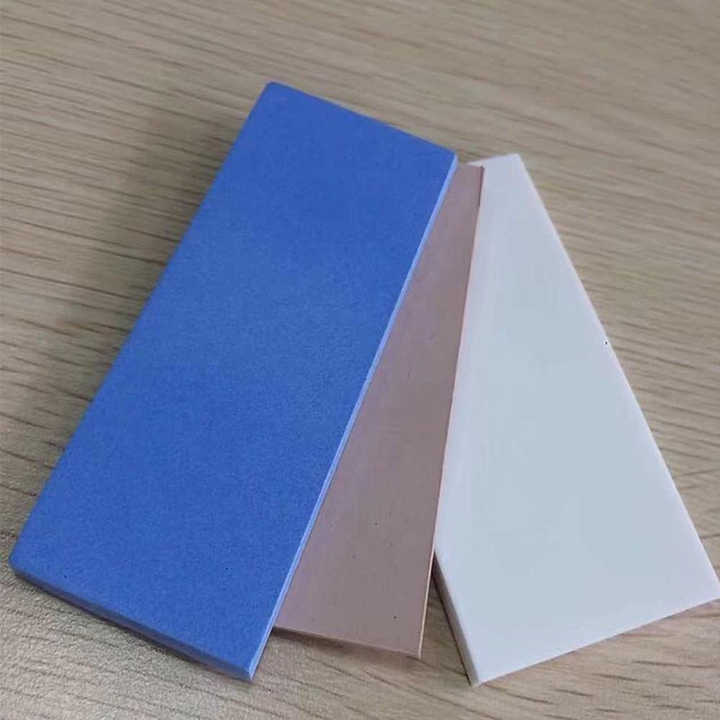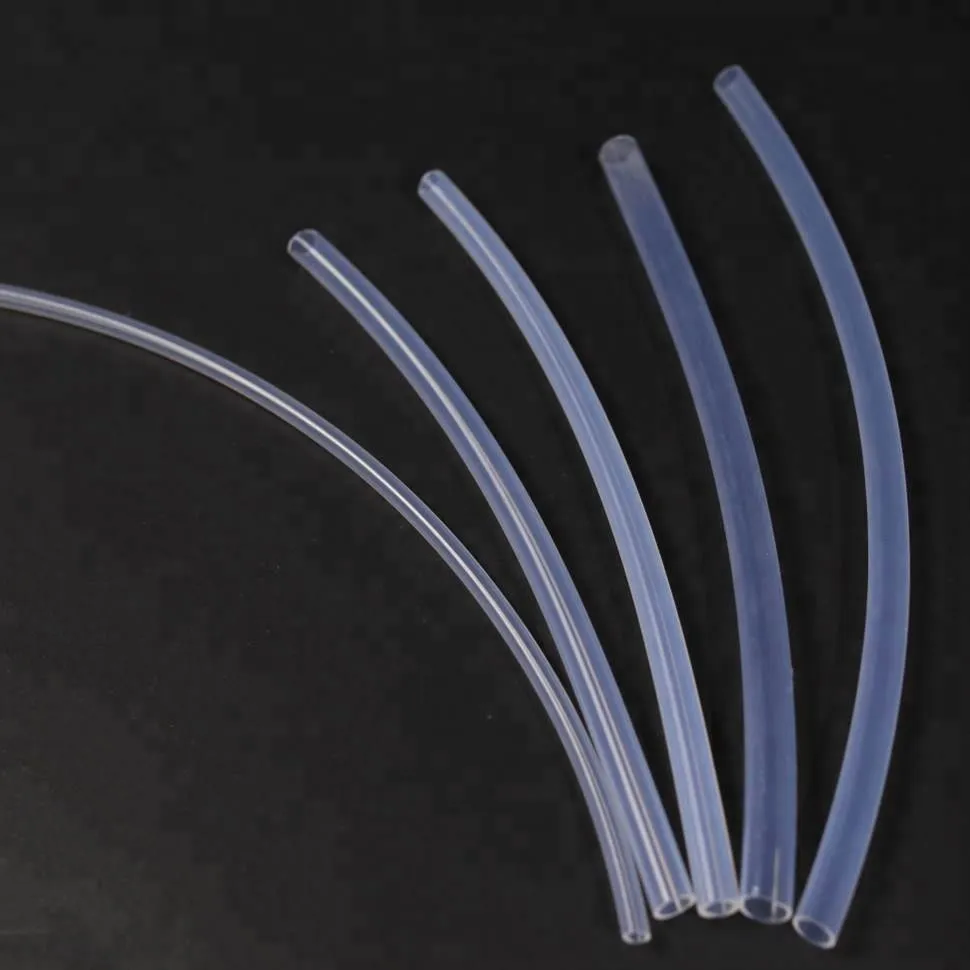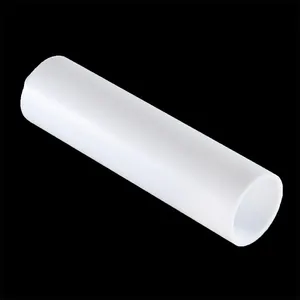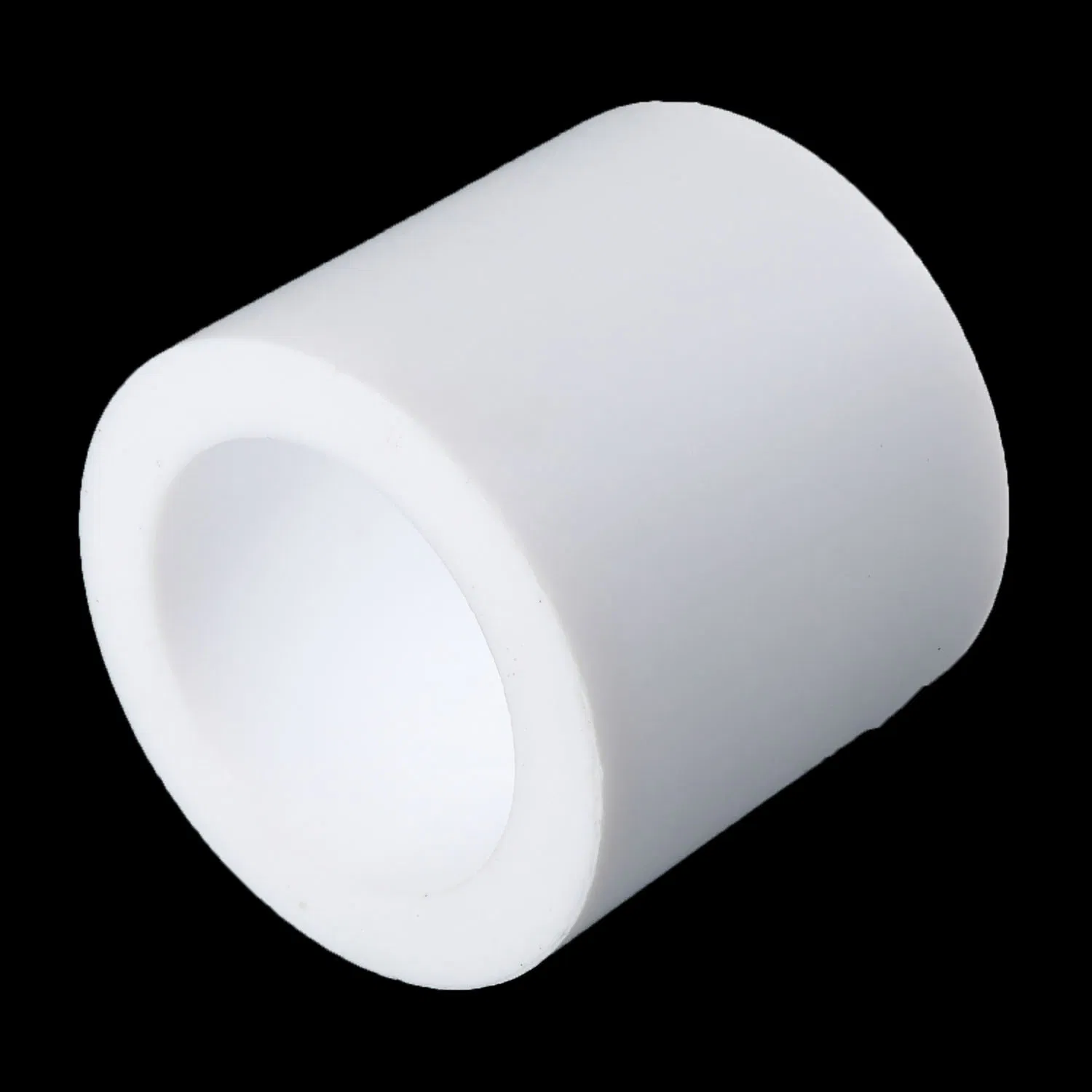In industries where precision, durability, and performance are key, choosing the right materials can make all the difference. Among the myriad options available, Thin Wall PTFE (Polytetrafluoroethylene) Tubing stands out for its unique properties and versatile applications.
PTFE, commonly known by the brand name Teflon, is a synthetic fluoropolymer known for its non-stick properties and high resistance to heat and chemicals. Thin-wall PTFE tubing takes these benefits a step further by offering a lightweight and flexible option for various industrial applications.
PTFE tubing is used in numerous industries, including automotive, aerospace, chemical processing, and food and beverage, due to its unique properties that offer significant advantages over other materials.
Key Advantages of Thin-Wall PTFE Tubing
Lightweight and Flexible
One of the most significant advantages of thin-wall PTFE tubing is its lightweight nature. This makes it an ideal choice for applications where weight reduction is crucial, such as in aerospace and automotive industries.
The flexibility of PTFE tubing allows it to bend and adapt to different configurations without losing its integrity. This flexibility makes installation easier and allows for a more streamlined design in complex systems.
Exceptional Chemical Resistance
PTFE tubing is highly resistant to a wide range of chemicals, making it an excellent choice for applications involving corrosive substances. Whether it’s in a laboratory setting or an industrial chemical processing plant, PTFE’s chemical resistance ensures long-lasting performance without degradation or damage.
This resistance is not just limited to acids and bases but extends to various solvents, making PTFE tubing a versatile choice for chemical transport and fluid handling systems.
High Temperature Resistance
PTFE tubing can withstand extreme temperatures, from as low as -450°F to as high as 500°F. This makes it suitable for applications that involve high-temperature environments, such as in heat exchangers and industrial ovens.
The ability to maintain its properties across a wide temperature range means PTFE tubing can be used in applications where other materials might fail, ensuring reliability and safety.
Non-Stick Surface
The non-stick nature of PTFE tubing is another significant advantage. This property prevents the build-up of materials inside the tubing, which can otherwise lead to blockages and reduced efficiency.
In industries like food and beverage or pharmaceuticals, where cleanliness and hygiene are paramount, PTFE’s non-stick property helps maintain clean and efficient systems.
Precision and Consistency
Thin-wall PTFE tubing is manufactured to precise specifications, ensuring consistency and reliability in its applications. This precision is crucial in industries where exact measurements and performance are necessary, such as in medical devices and instrumentation.
Consistency in wall thickness and diameter ensures smooth fluid flow, reducing the risk of disruptions and maintaining system efficiency.
Applications of Thin-Wall PTFE Tubing
Automotive and Aerospace Industries
In automotive and aerospace applications, the need for lightweight and durable materials is constant. PTFE tubing provides the perfect solution by reducing weight without compromising on strength or performance. Its ability to withstand extreme temperatures and resist chemical exposure makes it invaluable in these high-stakes environments.
Chemical Processing
In chemical processing facilities, the transport of corrosive and volatile substances demands materials that can withstand harsh conditions. PTFE tubing’s chemical resistance and high-temperature tolerance make it a top choice for pipelines and fluid systems in these environments.
Medical and Pharmaceutical
In the medical and pharmaceutical industries, the purity and non-reactive nature of PTFE are critical. Thin-wall PTFE tubing is used in various applications, including catheter manufacturing, fluid delivery systems, and laboratory equipment, where contamination must be minimized.
Food and Beverage
For food and beverage applications, PTFE tubing offers a safe and hygienic solution for transport and processing lines. Its non-stick and easy-to-clean properties help maintain high standards of cleanliness and efficiency.
Conclusion
Thin-wall PTFE tubing offers a host of advantages, making it a preferred choice across numerous industries. Its lightweight and flexible nature, combined with exceptional chemical and temperature resistance, ensures that it meets the demanding needs of modern industrial applications.
Whether you’re looking for a solution in the aerospace, automotive, chemical, or food industry, PTFE tubing provides the reliability and performance necessary to keep your systems running smoothly and efficiently. With its non-stick surface and precision manufacturing, PTFE continues to be a leader in industrial tubing solutions.
By understanding the benefits and applications of thin-wall PTFE tubing, you can make informed decisions that enhance the performance and longevity of your systems. As industries continue to evolve, the role of PTFE tubing in providing durable, efficient, and versatile solutions remains as crucial as ever.








